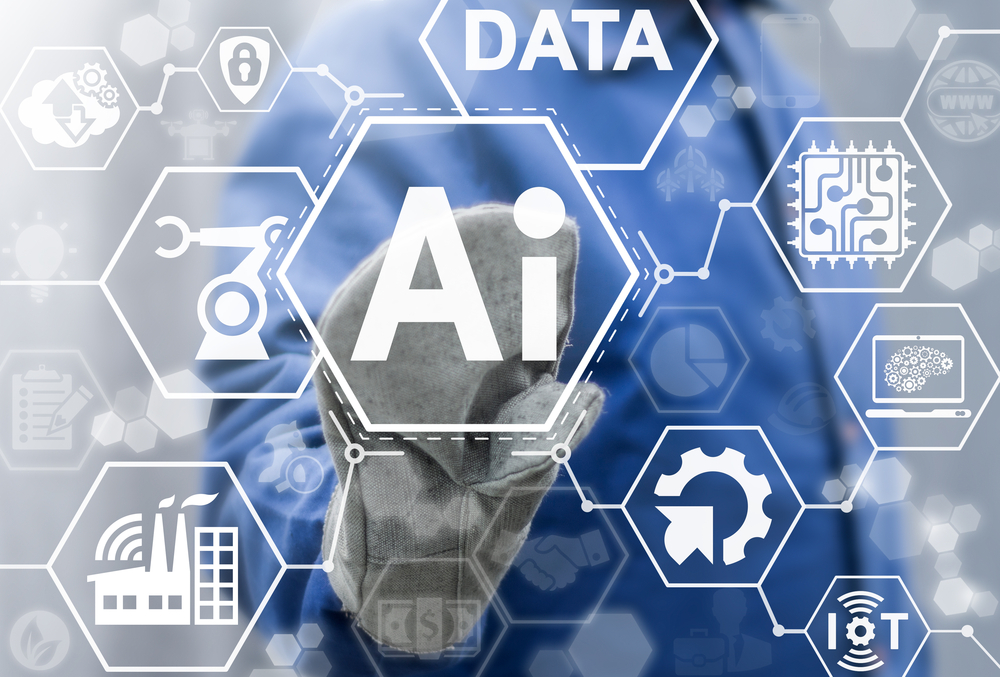
Competition and Collaboration are parallel themes in international relations. However, the dominant paradigm of the 21st century is going to be competition. One of the major areas of this paradigm is going to be technology. National security structures in the west reflect the rise of emerging military technologies. The intensifying technology competition is also making inroads and avenues for purposeful collaboration among like-minded partners whether bilaterally or at multi-lateral institutions.
Cheap computing power, easy availability of data and enabling accessible algorithms have made the rise of artificial intelligence possible. It’s a good bellwether for possibilities and challenges of international cooperation on emerging tech. The positive spinoffs are numerous – to fostering innovation, propelling development, increasing efficiency, decreasing human drudgery and enhancing user experience etc. The fundamental line of economic thought in India on inclusive growth can be made possible by the rise of AI.
Although a host of cons come along – whether its criminal activities, fake information/news, privacy and safety concerns, the cost of missing the bus on this technology would be immense. AI development and deployment is inherently international in character. The nature of AI is such that it learns as it grows. This entails collaboration and learning from each other, not only for successfully deploying relevant AI systems but also creating necessary frameworks and marshalling resources in a manner suitable for all. India could be a role model for the global south in this regard.
India and its partners confront some similar challenges when it comes to the development and deployment of AI. One imperative involves nurturing, attracting, and retaining the requisite talent. According to Macro Polo’s Global AI Talent Tracker, 12% of elite AI researchers in the world received their undergraduate degrees from India, the most after the United States (35%) and more than China (10%). Yet, very little top-tier AI research is being conducted in India. Securing supply chains, requisite physical infrastructure, alignment of standards and procuring raw materials especially semiconductors remain issues in a flux under the umbrella of artificial intelligence and its deployment.
Nation states are still in a flux while enunciating their AI strategies and cooperation amongst them is the need of the hour. It is already discernible as emerging technologies have become the talking point at multilateral forums including the QUAD. It will be a challenging task to come on the same page given the varied levels of deployment of AI in various countries. For example the touchy topic of Data is one such aspect. One other aspect is the dialogue on ethics of AI – this social transformation will have deep ethical impact, with these powerful new technologies both improving and disrupting human lives.
The way ahead for cooperation in the realm of AI looks organic as market forces are constantly evolving. The decisions in this realm on any aspect enlisted above will shape the contours of the fourth industrial revolution.


